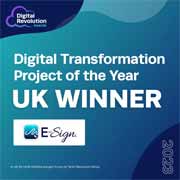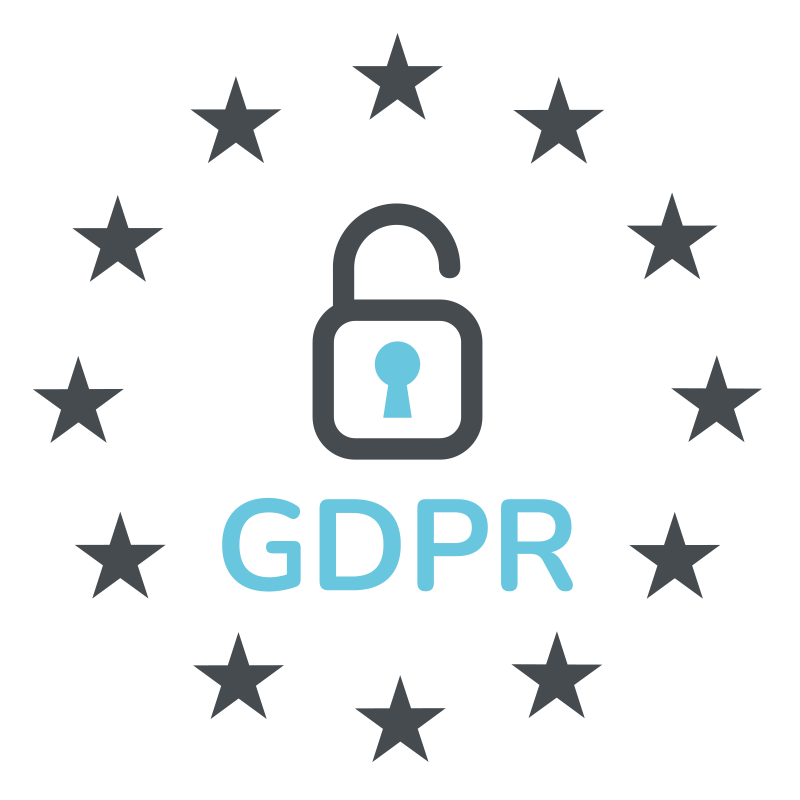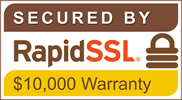Home | News & Insights |
E-Sign Complies with the FDA’s 21 CFR Pt.11 for Electronic Signatures
Adam Ross
Director of Operations
PUBLISHED
17th April, 2024
Due to the increase in the use of electronic records in the highly regulated pharmaceutical industry, the FDA ensures strict compliance with 21 CFR Part 11. The aim of the regulation is to enable increased use of electronic transaction technology, whilst ensuring the security and validity of the e-signatures.
The Food and Drug Administration (FDA) outlines its requirements for electronic records and e-signatures in 21 CFR Part 11, which are intended to allow the widest possible use of electronic technology in line with the FDA’s duty to safeguard public health. The aim of the regulation is to enable increased use of this useful technology, whilst ensuring the security and validity of the eSignatures. At E-Sign, we’ve ensured that our e-signature and document management platform are compliant with these regulations.
What is 21 CFR Part 11?
Title 21 CFR Part 11 is part of the Code of Federal Regulations that outline the FDA stance on electronic records and e-signatures. The term “Part 11” relates to electronic records that are ‘created, modified, maintained, archived, retrieved, transmitted or submitted’. All life science organisations and device manufacturers are regulated by the FDA and are therefore obligated to follow the Code of Federal Regulations Title 21 Part 11.
The regulation reflects the digital transformation that has been taking place within the life sciences sector. This evolution originally came with challenges as there wasn’t a technology available that could meet the FDA regulatory requirements and provide full trust and security to support organisations with their digital needs, especially in relation to managing transactions and working with external stakeholders. E-Sign’s digital platform can fill this gap and provide life sciences organisations with the digital tools they need to increase their efficiency in a secure and compliant way.
What Does 21 CFR Part 11 Mean for Electronic Signatures?
Any organisation that is regulated by the FDA or carries out activities that are related to FDA-regulated products are required to comply with 21 CFR part 11. These often include but are not limited to the below industries:
- Food and beverage manufacturers
- Cosmetic manufacturers
- Clinical laboratories
- Medical device manufacturers
- Pharmaceutical companies
- Contract research and manufacturing organisations
- Biotechnology companies
The FDA allows electronic signatures to be used in place of traditional paper-based signatures, allowing business to be conducted digitally. In order to be compliant with this regulation, electronic signatures must include:
- The printed name of the signer
- The date and time of the signature
- A unique user ID
- Digital adopted signature
- The meaning of the signature (“signing reason”)
What Are the Other Requirements for Electronic Signatures?
To be CFR compliant, our electronic signatures also have to meet the following requirements:
- Must be unique to one individual and not used by anyone else.
- Must verify the identity of the signer.
- Must offer additional certification or testimony to specify that it is legally binding.
- Must provide at least two distinct identification components e.g. identification code/ password.
Open and closed systems
The FDA has defined two types of systems for 21 CFR part 11 compliance: an open system and a closed system.
An Open System refers to an environment in which system access is not controlled by persons who are responsible for the content of electronic records that are on the system.
A Closed System is an environment in which system access is controlled by persons who are responsible for the content of electronic records that are on the system.
E-Sign operates as an Open System which includes the required Closed System controls. This means that access to the system is controlled by the regulated life sciences company who is then responsible for their content and access control, whilst the E-Sign platform is managed by us.
E-Sign automates the electronic signing and secure routing of all document types. It is compatible with most browsers on the Internet and works on all devices including mobile smart phones and tablets, allowing transactions to be completed, from almost anywhere, at any time. E-Sign can be especially valuable when customers incorporate it as part of an open system, where life science companies must provide controls that ensure the authenticity and integrity of records and signatures from the point of creation to the point of receipt.
Benefits of E-Sign for life sciences
There are several benefits of using E-Sign for life science organisations, such as reducing cycle times for reviews and and approvals. Life science companies typically involve various complex processes which require collaboration with internal and external stakeholders. The use of traditional paper-based methods of using and exchanging documents has become outdated for these technological industries and can slow down product development.
With E-Sign, documents can be created, signed, and sent in just a few clicks, significantly reducing turnaround and improving communication for life science teams. This is also beneficial if your organisation has stakeholders based in different locations as E-Sign documents can be securely accessed from any device in any location.
Another important benefit of E-Sign for life sciences is that there is a reduced risk of human error. Life science is a precise industry that requires a high level of accuracy and through our impressive document management system features, you can implement automation in your workflow and mitigate mistakes as much as possible.
By maintaining compliance with 21 CFR part 11, E-Sign has become an industry leading provider for life science organisations. We can support companies with an effective digital platform that can meet and exceed their requirements both in terms of regulations and legality, and their internal processes in improving overall operational efficiency.
E-Sign for Life Sciences
At E-Sign, we realise that life sciences have never been more important to our health and society. That’s why we want to ensure that our e-signature platform is compliant with the USA’s CFR regulations. Digital technology and electronic signatures can help to improve efficiency for businesses and organisations, providing time and money saving ways of working that truly work for you, your employees and organisation- all while remaining compliant with CFR regulations.
E-Sign offers all the functions you need to remain compliant with the CFR and utilise a secure and legally binding signature in your life sciences organisations.
For more information about our compliance with 21 CFR part 11, our CFR page has more details. Also, to discuss our E-Sign solutions and how they could transform your business, get in touch with us today.
 Facebook
Facebook
 X (Twitter)
X (Twitter)
 LinkedIn
LinkedIn











